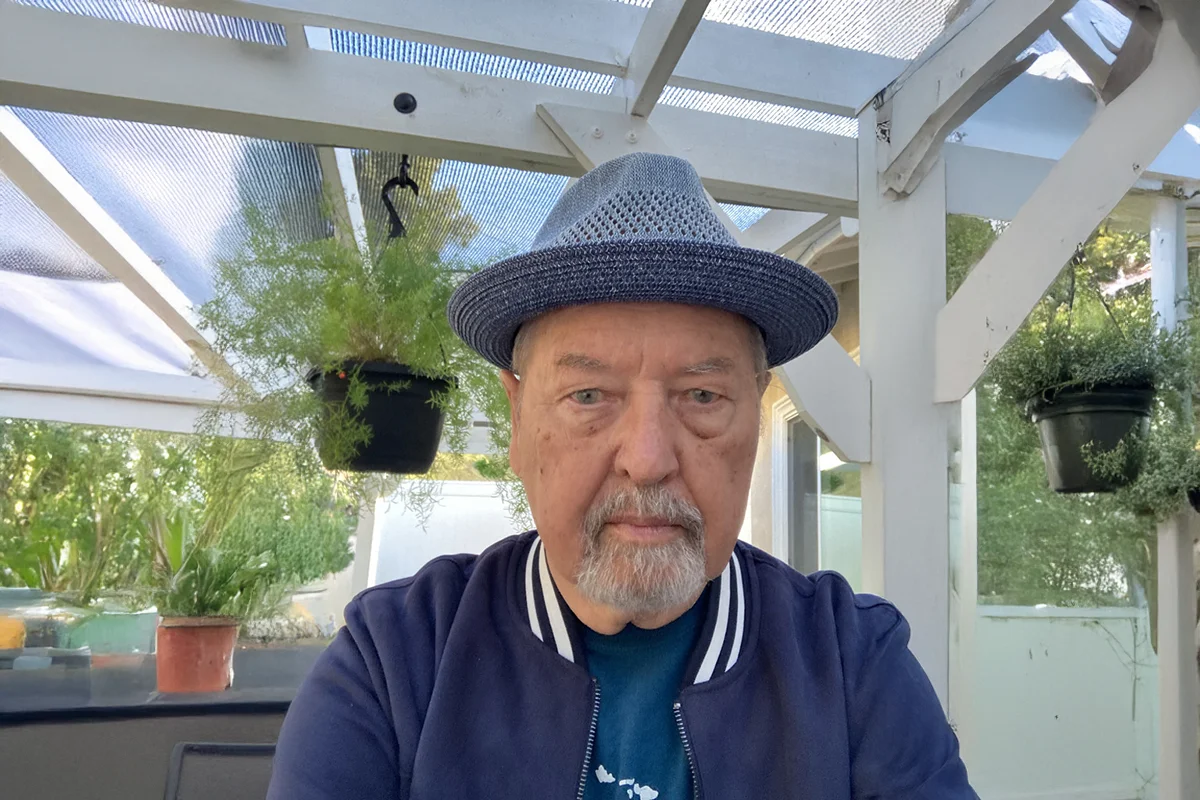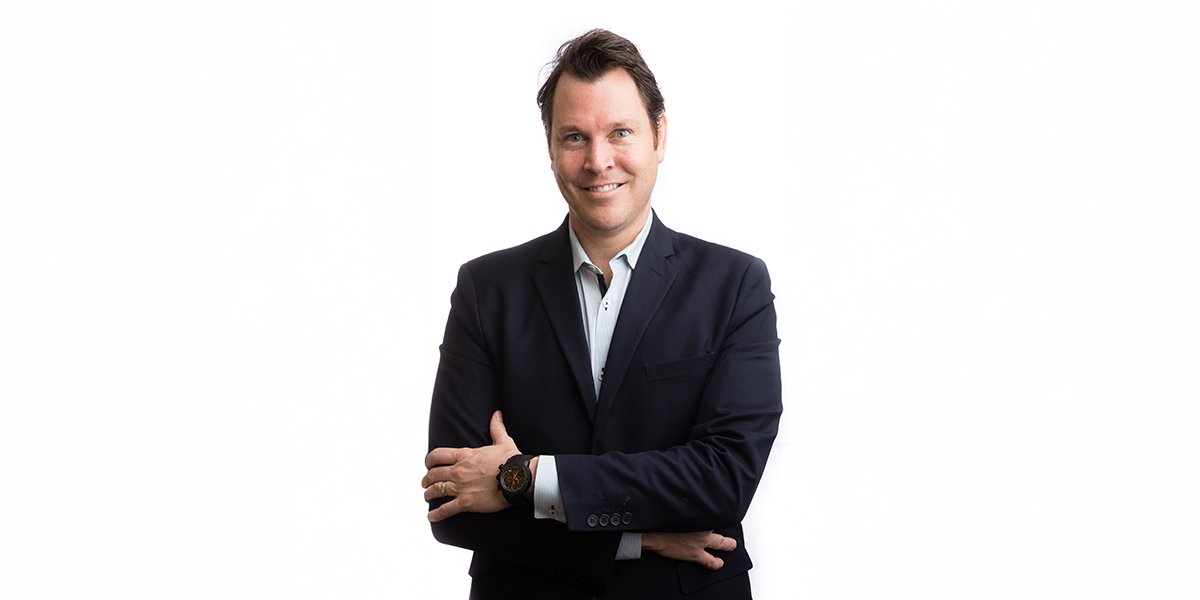PHOTO: Dr. Steven C. Hayes, trailblazing psychologist and creator of ACT, captured sharing insights that continue to shape modern therapeutic practice.
Pioneer of ACT Reflects on Science, Suffering, and the Power of Psychological Flexibility
Steven C. Hayes discusses the origins of ACT, dispels misconceptions, explores relational frame theory, critiques the DSM, and shares insights on process-based therapy, mindfulness, and pursuing a meaningful life.
Steven C. Hayes stands as a monumental figure in modern psychology, a scientist, educator, and visionary who has transformed how we understand the human mind and respond to suffering. His pioneering work in developing Acceptance and Commitment Therapy (ACT) has not only redefined therapeutic practice but has also inspired a broader movement toward psychological flexibility and holistic well-being.
With more than 700 scientific articles and 48 books to his name, including the bestselling Get Out of Your Mind and Into Your Life and A Liberated Mind, Hayes has established a legacy that bridges the gap between academic research and everyday human challenges. His work has earned widespread acclaim, including the prestigious Lifetime Achievement Award from the Association for Behavioral and Cognitive Therapies and the Cattell Award from the Association for Psychological Science.
Hayes is a visionary psychologist whose groundbreaking work in ACT has revolutionized mental health, inspiring professionals and individuals worldwide.
Behind the accolades lies a deeply personal story. Hayes was first drawn to psychology by the pain he witnessed in his own family, a pull that eventually led him toward humanistic psychology and, later, behavioral science. However, his direction changed dramatically when he developed a debilitating panic disorder early in his academic career. After years of inner turmoil, he experienced a profound turning point—an internal shift where he learned to turn toward his anxiety instead of fleeing from it. This epiphany became the spark that ignited ACT, an approach grounded in acceptance, mindfulness, and committed action.
Rather than rushing to publicize his insight, Hayes spent two decades methodically testing and refining the processes behind ACT. The result was a scientifically robust, widely applicable therapy that has since trained nearly a million professionals across the globe and been translated into over 30 languages.
“ACT became the overnight sensation that took 20 years to produce,” Hayes notes. And yet, he’s quick to clarify a common misconception: ACT is not just another therapeutic modality. It’s a comprehensive change model applicable not only to mental health but also to physical wellness, education, and social systems. Its power lies in targeting the core human processes that promote psychological flexibility, empowering people to lead richer, more meaningful lives.
Central to ACT’s foundation is Relational Frame Theory (RFT), Hayes’ groundbreaking contribution to our understanding of human cognition and language. RFT explains how humans learn through relations—how concepts like “smaller” or “better” are formed, not through direct experience but through abstract, symbolic learning. While this capability fuels our greatest achievements—science, art, culture—it also makes us uniquely vulnerable to psychological suffering. Negative experiences and thoughts, once learned, can persist indefinitely. As Hayes explains, “There’s no process called unlearning.” Instead, ACT helps individuals change the function of their thoughts, rather than trying to eliminate them.
This insight has propelled Hayes and his colleagues into the frontier of process-based therapy—an emerging model that shifts focus from diagnosing mental disorders to understanding and enhancing the mechanisms of change within individuals. Rather than adhering to the Diagnostic and Statistical Manual of Mental Disorders (DSM), Hayes advocates for an approach he calls “idionomics”—a highly individualized analysis of the dynamic psychological, social, and biological processes that shape a person’s mental life. “The DSM has had its chance,” Hayes says. “It’s time for a better, evidence-based alternative.”
Mindfulness, often misunderstood as a passive or spiritual exercise, also plays a vital role in ACT—but from a uniquely pragmatic perspective. Hayes describes it as “learning to be more cognitively flexible, emotionally open, and able to direct attention in a fluid, voluntary way.” In ACT, mindfulness is not an end but a tool, helping individuals access a deeper sense of self, clarify their values, and pursue purposeful action—even in the face of pain or uncertainty.
When asked what advice he would give aspiring authors and psychologists, Hayes offers a message rooted in personal experience: “Follow your heart. Be yourself. Even if the outcomes you hope for never come, at least the journey will then have been about something.” Despite early discouragement from academic mentors and slow professional recognition, Hayes remained committed to ideas that were meaningful to him. In doing so, he has not only left a mark on psychological science but also offered a path of hope and authenticity to those navigating the complexities of the human experience.
Through decades of research, personal vulnerability, and unwavering vision, Steven C. Hayes has helped reshape the future of mental health. His work challenges us to face our inner struggles with openness and to build lives guided by values, resilience, and the courage to change.
Source: Reader’s House Interview with Steven C. Hayes











